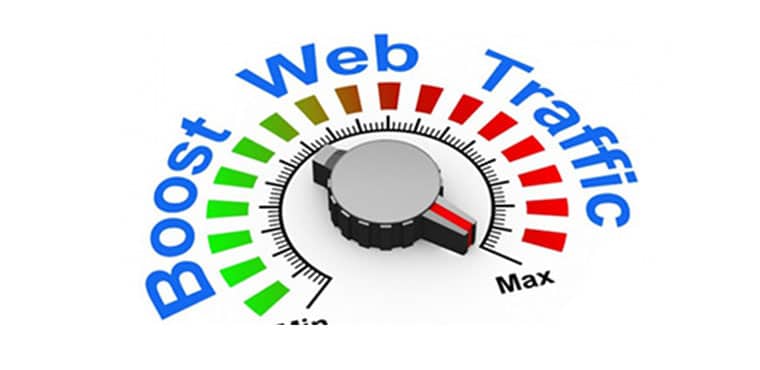Recent studies show that 47% of people expect a web page to load in two seconds or less and 40% will abandon a web page if it takes more than three seconds to load. So, it’s important that you do everything you can to reduce site load times, here’s a few top tips.
Optimise Images
Keeping image sizes to a minimum is a big help, especially for users on slow connections and mobile devices. With images you need to focus on two things: size and format.
Image Size
You can use a piece of image optimising software which will reduce image load times and make for a speedier experience. Oversized images take longer to load so keep them as small as possible and crop images to the correct size. For example, if your page is 900px wide, resize the image to that width. Don’t just upload a 2000px-wide image and set the width parameter (width=”900”). This slows your page load time and creates a bad user experience.
Image Format
JPEG is your best option but PNG is also good, particularly if you want a transparent background. GIFs should only be used for small or simple graphics (less than 10×10 pixels, or a colour palette of 3 or fewer colours) and for animated images. Do not use BMPs or TIFFs.
Use business level hosting for your site
Here at Intent Marketing we use ‘WP Engine’ which runs four to six times faster on unique front end technology. The WP Engine continually audits and adjusts for maximum performance and rulesets determine how it serves content for the fastest load times. The caching mechanism also reduces server load and instead of serving your static content from the backend, which can be slow, it serves the content from the front-end system which can handle high levels of concurrent traffic.
Use a content delivery network (CDN)
A content delivery network (CDN) is a collection of web servers distributed across multiple locations to deliver content more efficiently to users. The server selected for delivering content to a specific user is typically based on a measure of network proximity. For example, the server with the fewest network hops or the server with the quickest response time is chosen. It loads from different servers, based on the visitor’s region.
Minify your code
Removing ‘comments’ and ‘empty elements’ will help to decrease your page size and therefore decrease load time. You can use simple online tools like http://www.willpeavy.com/minifier/. There is a moderately small gain but it can be worth the effort.
Specify a character set
Specify a character set in HTTP headers to speed up browser rendering. This is done by adding a simple piece of code into your header.
So there you have it, some top tips to help speed up your website!
If you have a Landscaping, Gardening or Tree Surgery company then please visit Landscape Marketers where you can find specific information relating to your industry sector.






